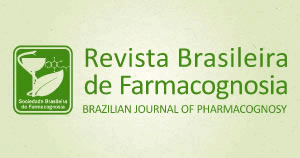This study aimed to investigate the antitumorigenicity of xanthones-rich extract from Garcinia mangostana L., Clusiaceae, fruit rinds which was obtained by a simple recrystallization of 75% ethanolic extract. α-Mangostin content of the extract was determined qualitatively by TLC and quantitatively by HPLC, and total xanthones content was quantified by UV spectrophotometry. The extract was evaluated for cytotoxicity, apoptosis and antitumorigenicity on HCT 116 human colorectal carcinoma cells. α-Mangostin was found to be the main constituent of the extract which was 71.2±0.1%, and the total xanthones content was 95±4.8% (wt/wt). The extract showed potent dose dependent cytotoxicity with IC50 value 9.2 μg/mL. Apoptosis studies revealed activation of caspases 3 and 7, DNA fragmentation, chromatin condensation and loss of mitochondrial membrane potential. Studies on cell migration and colony formation indicate reduced cell migration ability and clonogenicity of treated HCT 116 cells at sub-inhibitory concentrations. Taken together, the cytotoxic effect of the xanthones extract is mediated through the mitochondrial pathway of apoptosis. The reduced cell migration and clonogenicity of HCT 116 cells might prevent both primary and metastatic tumor growth in vivo which will be the topic of our future work using the metastatic orthotopic colon cancer model.
apoptosis; cytotoxicity; Garcinia mangostana; α-mangostin; tumorigenicity; xanthones








